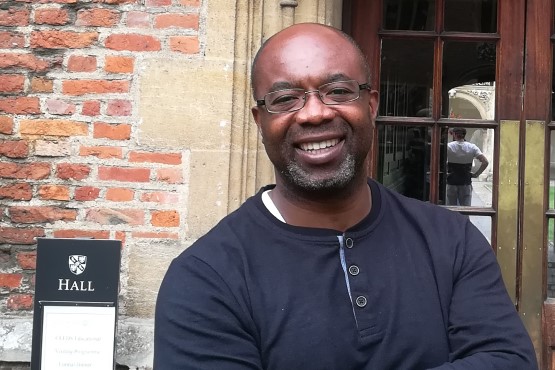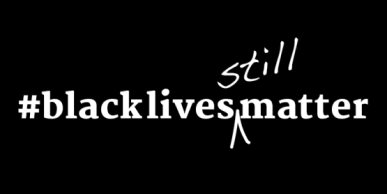They didn’t seem to think about me at all
Black Lives Still Matter: Prince Obike, transformation programme manager, NHS South West London CCG. Interview by Craig Ryan.

I used to think – a bit naively I guess – that employers would hire you, retain you and promote you based on your competence and ability. That was probably true at the beginning of my career, but I soon found out that, when people realised that my competence and ability went beyond the job I was doing, they felt threatened or thought that I wouldn’t fit into the upper echelons of the organisation.
When it came to discussions about career moves, people often seemed to forget my achievements and what I’d contributed. I don’t think it was a question of them saying, “Oh, no we can’t have him.” They didn’t seem to think about me at all.
I applied for one job in Scotland that I was very well qualified for. The interview went well, but I was told, “Sorry, another candidate pipped you at the post”. I asked for feedback, but they couldn’t tell me why I didn’t get the job or what the other candidate had that I didn’t. I later found out it was someone the executive director had worked with in a previous job. He wanted somebody that he knew and felt comfortable with – it was not a question of competence.
Throughout Black History Month this October, we’re learning about the experiences of black managers in the NHS, and how we can all help to end racism at work and in everyday life. On our website and in our magazine, black members and NHS leaders will tell you about their lives and careers in their own words. If you’ve got a story to tell, we want to hear from you too.
In another organisation, I applied several times for a job with a particular team but kept being told I’d narrowly missed out. Again, the feedback was very scant. I think now that they didn’t feel a black male would fit into an all-white female team. I wish they’d been honest about that: I wouldn’t have agreed, but I would have understood and known it was a problem with them and not with me.
I think a fair recruitment process is absolutely key. The big unspoken rule in recruitment is that it’s mainly about whether your face fits. Ultimately, it’s the recruiting manager who has the final say and it’s very rare for the other members of the panel to challenge the decision. If they feel the manager has made an unfair decision, they don’t feel they can do anything about it.
It’s difficult to challenge the ideology that is perpetuated in leadership circles because we’re struggling against something that’s very historical and very ingrained. Individuals in positions of power have to actively decide that they want change. They have to look around themselves and say, “Right, are the people I’m working with diverse enough?”
In recruitment, we need to ensure that managers first think whether there are internal candidates from the diverse communities we serve who can be seconded, or could act up in that position for a short period – not just to give them the job, but to give them the experience to apply for the permanent post. And we need to make sure that selection panels are really diverse. When you come for an interview and see somebody that looks like you, it gives you a bit of a lift.
We need to learn lessons from the women’s movement and look at what we’ve done to address the under-representation of women in leadership roles. I know of one chief exec who was unhappy that his senior team were all white, middle-aged males. He knew this would only change if he changed it. When a vacancy came up, he said, “I want us to find the best candidate for this job, but I want you to make sure that the candidate is black and female.” And they did. He told me that it changed the dynamics in his senior team and they are better off for it.
People get uncomfortable when I tell this story: of course, you always want the most competent person for a job but, if you decide you want a black woman, you’ll be amazed how creative people can be in finding the right person.
This is the one of a series of interviews with black MiP members and NHS leaders which we will be publishing throughout Black History Month in October. To find out more about Black History Month and to get involved, visit: blackhistorymonth.org.uk.
Related News
-

NHS job cuts: you’ll never walk alone
As the NHS redundancies in England loom, Rhys McKenzie explains how MiP will back you, and how members supporting each other and acting collectively is the best way to navigate this difficult process.
-

What now? Seven expert takes on the Ten-Year Plan
The government’s Ten-Year Plan for the NHS in England has met with enthusiasm and exasperation in equal measure. We asked seven healthcare experts to give us their considered view on one aspect that interests, excites or annoys them.
-

NHS job cuts: what are your options?
When politicians start reforming the NHS, there is only one certainty: some people will lose their jobs. But what options might be on the table and how does redundancy work? Corrado Valle explains.
